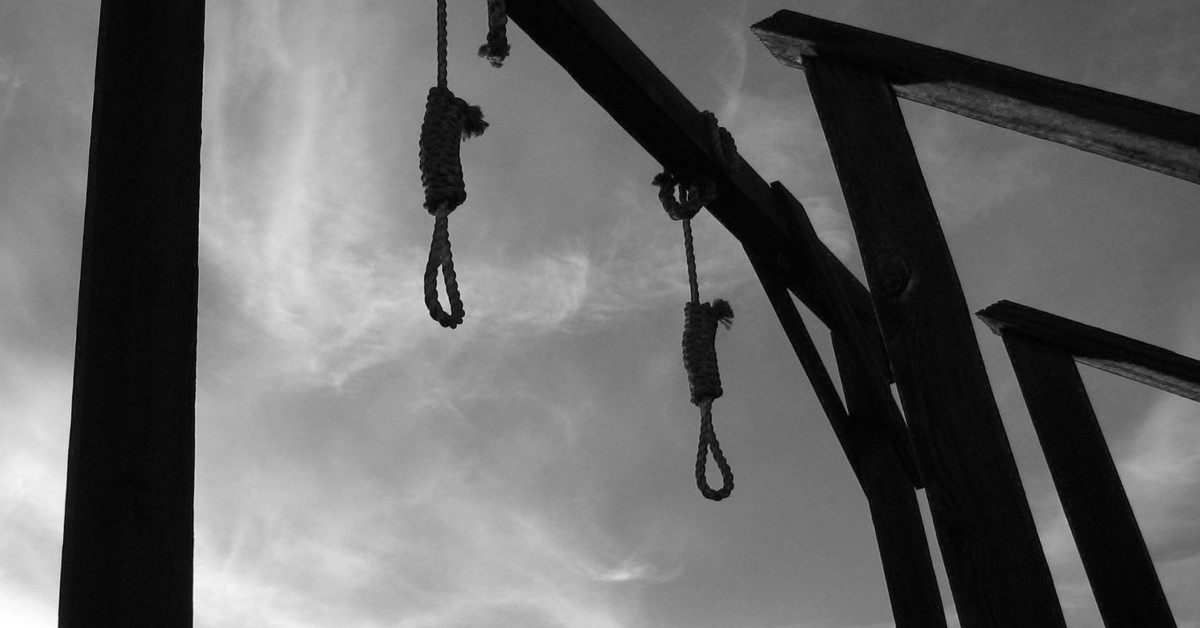In the past two months of the country’s purported transition to democracy, the legal realm has come to the fore as one of the most fiercely contested arenas of political struggle.
And undoubtedly, the scene most evocative of this level of ferocity was the siege mounted by Islamists against the Supreme Constitutional Court over the past several weeks.
Indeed, on 2 December, just as the SCC was prepared to pronounce judgment on the legality of the Islamist-dominated Constituent Assembly, the justices found themselves in such bodily jeopardy as a result of the Islamist protesters surrounding the court that their work was brought to a halt. Keep in mind that this was just as the justices were about to issue a decision that might have literally altered the country’s history.
The complaints of the Islamists against the SCC — and, broadly speaking, against the judiciary — are well-known. Foremost among these is the claim that many of the judiciary’s members are among the remnants, or feloul, of the old regime, and that they are deserving of suspicion, if not contempt, in the post-revolutionary political landscape.
The president himself unabashedly demonstrated this contempt when he issued his constitutional declaration to appoint Talaat Abdallah as prosecutor general, with utter disregard for the integrity of the office.
All of this has demonstrated that the president and his Islamist allies are both willing and able to reach as far as the force of arms to intimidate the judiciary in the quest to accomplish their political agenda.
What the president may not have bargained for is the cost to Egypt’s judicial credibility that these maneuvers might entail. Indeed, a Spanish court recently cited the turmoil in Egypt’s judiciary as one of the reasons for refusing the extradition of Hussein Salem, the businessman who fled the country during the 2011 revolution and who faces an array of corruption charges.
As a direct consequence of the president’s reckless approach to the judiciary, Salem may well escape Egyptian justice.
The irony of this is unmistakable, if one recalls the rationale given for the president’s original constitutional declaration when it was issued on 22 November — to ensure justice for victims of the old regime.
What progress has the prosecutor general made toward this aim? And can one indeed expect justice for victims of the old regime from a judge who was integrally involved in condemning opponents of the counter-revolutionary Bahraini leadership as recently as this past year?
The unfortunate conclusion that one reaches on considering these manifold ironies of the “justice system” in today’s Egypt is that the law has become merely a weapon in the hands of those seeking to combat political opponents. Indeed, one can scarcely escape a sense of deja vu when former presidential candidates find themselves accused of seeking to overthrow the state, mere months after their candidacy.
Regrettably, these moments of deja vu are becoming altogether commonplace in post-revolutionary Egypt.
What is perhaps most distressing about this whole sad episode in the country’s judicial history is that several of the figures who have proved instrumental in undermining the judiciary were among the most valiant advocates for judicial integrity and independence back in 2005, when judges publicly and courageously challenged Mubarak’s autocracy.
Why weren’t their voices raised as Islamists besieged the Supreme Constitutional Court on 2 December? Where were they?
Paul Sedra is an associate professor of history at Simon Fraser University in British Columbia, Canada.
This piece was originally published in Egypt Independent's weekly print edition.



